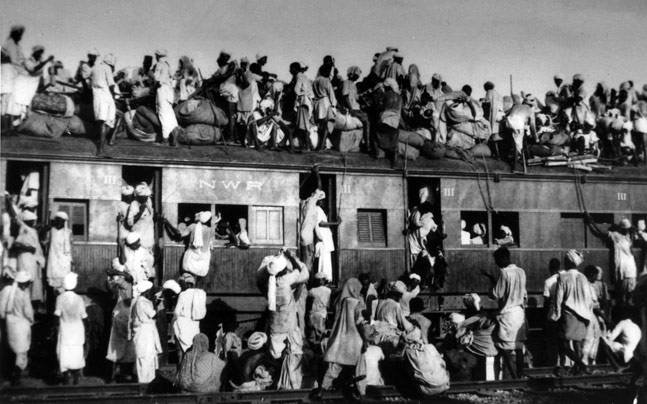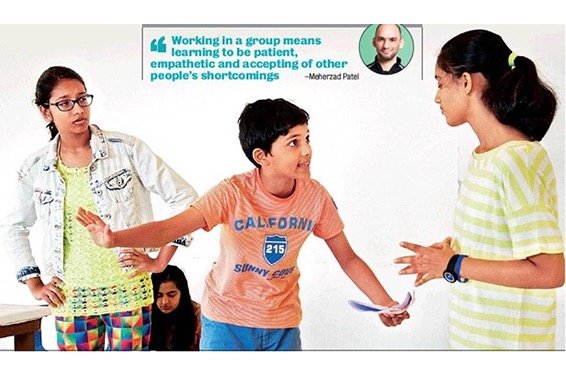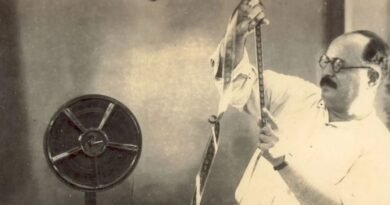Ancestral Affairs: A Parsi writer and his take on India’s partition
A Parsi writer, Keki N Daruwalla’s second novel, Ancestral Affairs’ closing is open to interpretations. He lets you decide if everyone lived happily ever after.
Saam Bharucha, a Parsi lawyer from Bombay, has been sent to the princely state of Junagadh to be the legal adviser of the nawab there. The year is 1947 and there are talks about British plans to divide India. The nawabs are in distress. Whom do they support? Do they go to Pakistan? Bharucha realises that the princes do not really take a liking to his advice and he takes a backseat and whiles away his time.
Keki N Daruwalla’s second novel, Ancestral Affairs (HarperCollins: Rs 499) alternates between Bharucha’s narration and his son Rohinton’s in the 1950s. Daruwalla must have been 10 when Partition happened, yet his detailing of the period – the movies and cricket matches, the referendums, the communal divide – is impeccable.
Says Daruwalla, “I was in Junagadh. The law member’s son whose name was Ahmed was in my class. So was the Dewan’s son whose name is the same as in the book – Shafeeq. My father was tutoring the prince. That is how I heard the stories. If you want to bring the transition of Junagadh to Pakistan, then you have to be a member of the state council or somebody who knows law. So I got Saam Bharucha and I wanted him to be a Parsi. Apart from this and a few other characters, everything else is fictional.”
Bharucha’s wife Zarine talks about her worry that Rohinton would be bullied by the English boys in school. Daruwalla says his brother, who studied in Lawrence college, “counted 51 fist hiccups” with his classmates in the first year. It is in these tiny anecdotes that Daruwalla brings forth a past long forgotten.
Daruwalla says his memory of Junagadh is very vivid. Even the movies that he mentions in the books are the ones that he watched during his childhood. “The princes had a lot of cars, it was a grand province. During Partition, my brothers were in Lalpur, which is in Shah Faisalabad now. I remember listening to news on a Philips radio anxiously.”
Later, Rohinton talks about his experience in school, the girls, his friends and his MBBS degree. Daruwalla’s characters are strong and layered, and that is what makes for an interesting read. Even the ones that appear for two pages carry something with them that is difficult to forget.
The affair that Bharucha has with a widowed English lady, Claire, distances him from his son. Daruwalla explains the uneasiness in Rohinton’s life with the same passion as he did Bharucha’s.
He falls in love with a Parsi girl but in an unfortunate turn of events, Rohinton is expelled. “But he later picks up the pieces and ends up marrying the girl he loved,” says Daruwalla. All is well that ends well. Keki N. Daruwalla’s closing is open to interpretations. He lets you decide if everyone lived happily ever after.
Published on India Today





